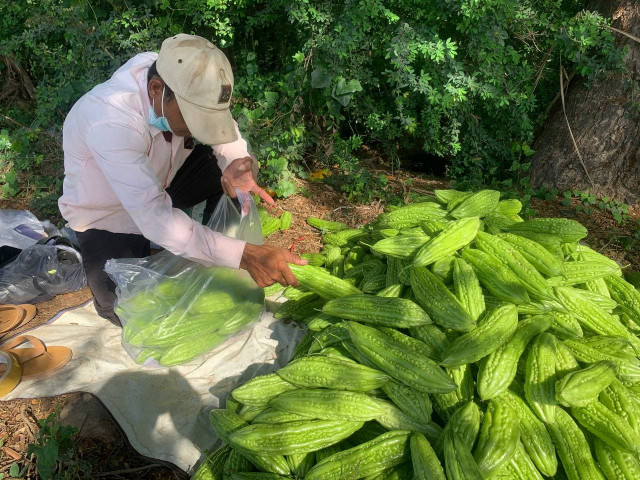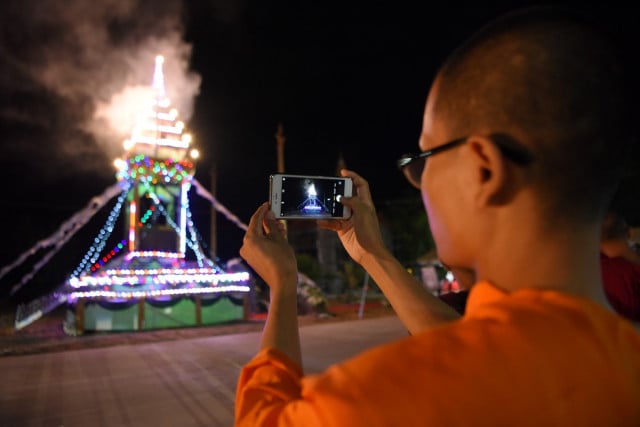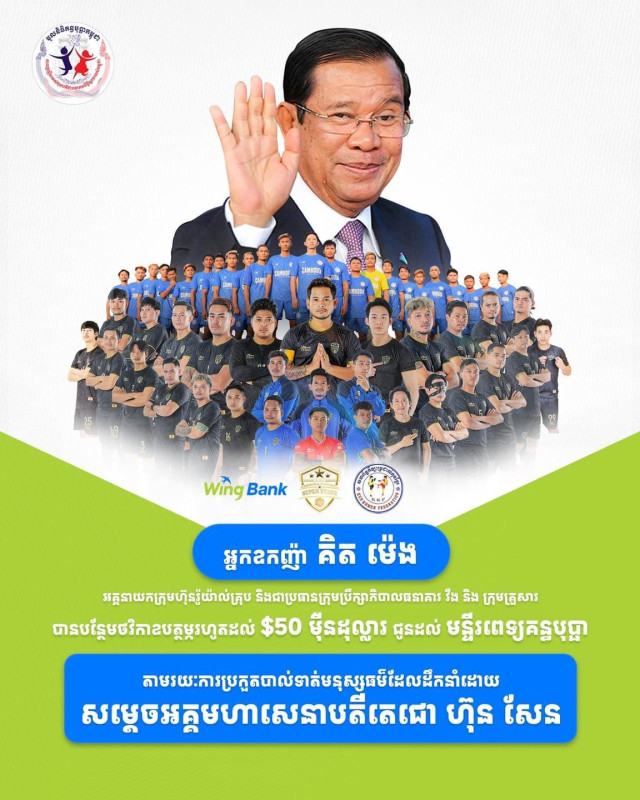Could Bakong Bank Challenge the US Dollar's Dominance in Cambodia's Future?

- By Cambodianess
- February 19, 2024 9:50 AM
The introduction of Bakong, Cambodia’s digital currency initiative, has sparked discussions about its possible effects on the US dollar's widespread use in the country. The US dollar has become part of the daily life of Cambodians since the 1990s when the country was recovering from decades of civil war and political turmoil. While this trend has brought some benefits, such as price stability, lower inflation, and easier trade with other countries, it has also posed some challenges, such as limiting the effectiveness of monetary policy, exposing the country to external shocks, and undermining the development of the domestic financial sector.
To address these challenges, in 2020 the National Bank of Cambodia (NBC) launched Bakong—a digital currency initiative—to reduce dependence on the US dollar and enhance financial inclusion. Bakong is named after an ancient Khmer temple in Siem Reap Province. Bakong is a hybrid system that combines the features of a central bank digital currency (CBDC) and a blockchain-based payment platform. It allows users to create digital wallets that can hold both the local currency, the Riel (KHR), and the US dollar, and to make payments and transfers through any bank or financial institution that participates in the system. Bakong also enables users who do not have a bank account to access digital financial services, such as savings, loans, and remittances.
Bakong was developed by NBC in collaboration with Soramitsu, a Japanese blockchain technology company that specializes in building distributed ledger technology (DLT). Soramitsu used open source. Hyperledger Iroha framework to create Bakong, which is based on a permitted blockchain, ensures security, privacy, and scalability. The NBC performs as the administrator of the system, while the participating banks and financial institutions act as the payment gateways that connect the users to the system. All the transactions are recorded on a chronological chain of records or a blockchain, that is replicated across multiple servers. This ensures transparency, immutability, and traceability of the transactions.
Bakong has gained popularity among Cambodians, particularly during the COVID-19 pandemic. This preference for contactless payments has arisen due to concerns about handling cash. Bakong's success can be attributed to its ability to provide a secure and efficient alternative to traditional payment methods. During a recent interview with Nikkei Asia in Tokyo, NBC governor Chea Serey said that Bakong Bank has successfully opened 10 million accounts, manifesting a remarkable feat given that it represents 60 percent of the total Cambodian population of 16 million. The Bakong platform has attracted the attention of countries like Thailand and Malaysia due to its potential for cross-border payments. However, it is unclear how much of an impact Bakong will have on the prevalence of the US dollar in Cambodia, which is deeply rooted in the country due to factors such as public confidence, market dynamics, and institutional structures.
Despite this, Bakong's success and increasing adoption may contribute to a gradual reduction in dollar dominance, offering advantages such as lower transaction costs, heightened financial inclusion, reinforced monetary policy, and promotion of local currency. By advocating for the use of the Cambodian riel (KHR), Bakong provides a convenient alternative to the US dollar, encouraging savings and investment in the local currency. Additionally, Bakong aligns with NBC's initiatives to boost awareness and confidence in the riel, fostering a sense of national identity and pride.
In conclusion, Bakong may not pose an immediate threat to the US dollar’s dominance in Cambodia. Nevertheless, it indicates a deliberate effort by NBC to diversify its financial landscape and reduce its dependency on foreign currencies. Bakong also showcases the potential of using digital currency and blockchain technology to improve the efficiency, inclusivity, and resilience of the financial system, not only in Cambodia but also in other countries that face similar challenges.
Mom Mit undertakes a master’s degree in management and international business at the Financial University under the Government of the Russian Federation in Moscow, Russia.















